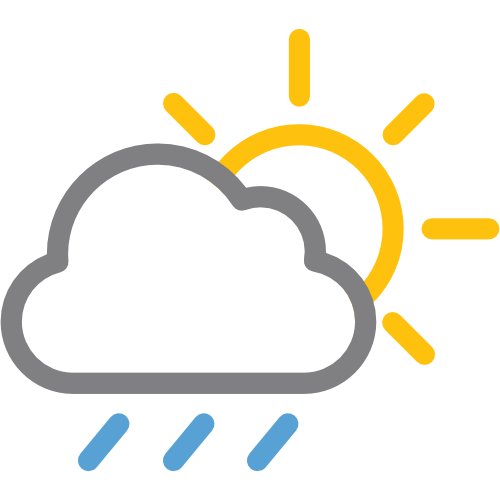| Home |
| Ski Resort Kopaonik |
| Accomodation |
| Ski Cameras |
| Ski Info |
| Ski Pass |
| Ski Forecast |
| Ski Tracks and Lifts |
| Artificial Slope |
| Videos |
| Adventure Holidays |
| Bus Transportation |
| Parking on Kopaonik |
| Open Lifts |
| 0/24 |
| (0%) |
| Open Pistes |
| 0/49 |
| (0%) |
| Open Shortcuts |
| 0/30 |
| (0%) |
| Natural Characteristics |
|
Kopaonik, the biggest mountain of the central Serbia, spreads its wide mountain - ridge 83 km. long, in the direction from the mountainous region over Mitrovica, to the north - west over the series of peaks higer than 1600 m., to the highest part of the massif called Ravni Kopaonik (Flat Kopaonik) with the peaks: Gobelja (1934 m), Karman Vucak (1936 m), Suvo Rudiste (1976 m) and Pancicev Vrh (Pancic Peak) (2017 m). The northern border of the massif is separated from the massif of the mountain Zeljina by the rivers Josanicka reka and Koznicka reka. At the western side, along the whole Kopaonik mountain - ridge, the lbar gorge is placed. The eastern side is bounded by the rivers Rasina and Toplica valleys. The region's geology dates back 70 million years ago when the older sedimentary rocks were exposed to the strong tectonic movements and to the volcano activity which caused dent and issue of the magmatic cliffs. This is why Kopaonik distinguishes itself by its geological structure of rocks of different inception and age (granites, serpentinites, slates, marbles, andesites, lime - stones). The later processes of erosion during past millenniums created present-day outlines of the relief of Kopaonik. Climate of Kopaonik, with almost 200 sunny days annually, deserves credit for Kopaonik's other name - "mountain of the Sun". The southern position of the massif, level and openness of the terrain prevent continual detaining of cloudiness over the mountain. Colder and heavier air moves through the nearby valleys and ravines so that winter temperatures are not too low. Kopaonik has sub-alpine climate. Average annual temperature of the Flat Kopaonik is 3,7°C. It starts snowing at the end of November and it snows until May, 159 days a year in average. On average, precipitation are higher than 1000 mm a year. Kopaonik, where people used to work mines from old times, was named after its ore resources (kopati - to dig). The volcano activity and discharge of hot mineral solutions caused changes on the nearby old rocks because of high temperatures and heavy pressures.That is how "mining region of Kopaonik" came to be, with a large number of mines from old times. In the Kopaonik region, besides the usual ores: metals iron, lead and zinc, there are rare metals silver and gold and rare minerals: volastonite,fluor-spar, asbestos and others. Thermal - mineral springs - spas are situated at the foothill of Kopaonik. Besides famous spas such as Vrnjaska Banja, Mataruska Banja, Sijarinska Banja, in the Kopaonik region there are springs of Josanicka Banja (t° 78°C), Lukovska Banja (t° 36t°-56°C) and Kursumlijska Banja (38°-57°C). Besides thermal waters, there are also slightly mineralized waters on Kopaonik. In the first place, these are slightly radioactive springs Krcmar vode and Marine vode at the heights of 1700 -1950 m. |
| Sunčana dolina Malo jezero Krst Pančićev vrh Treska Duboka 1 Karaman greben Mali karaman Mali karaman A Marine vode A Marine vode | Karaman Jaram Gobelja relej Gobelja Kneževske bare Gondola Brzeće Gvozdac Duboka 2 Krčmar Mašinac Vučak 2 | Snow park Ski track Jaram Ski track Kindergarten Children's Park Night M.jezero Night KGB Night Pančić Ski Map >>> Read More >>> |
| 17.04.2025. 12:00 | Temp. Sunčana dol. |
Temp. JAT |
Wind | Humidity | Snow depth |
| 13,6°C | 14°C | 60% | 0cm | ||
| Weather conditions | Feels like 12°C |
Temp. Pančić 13°C |
4,6 m/s (S) |
Pressure 831,8 hPa | Pistes 0 cm |











